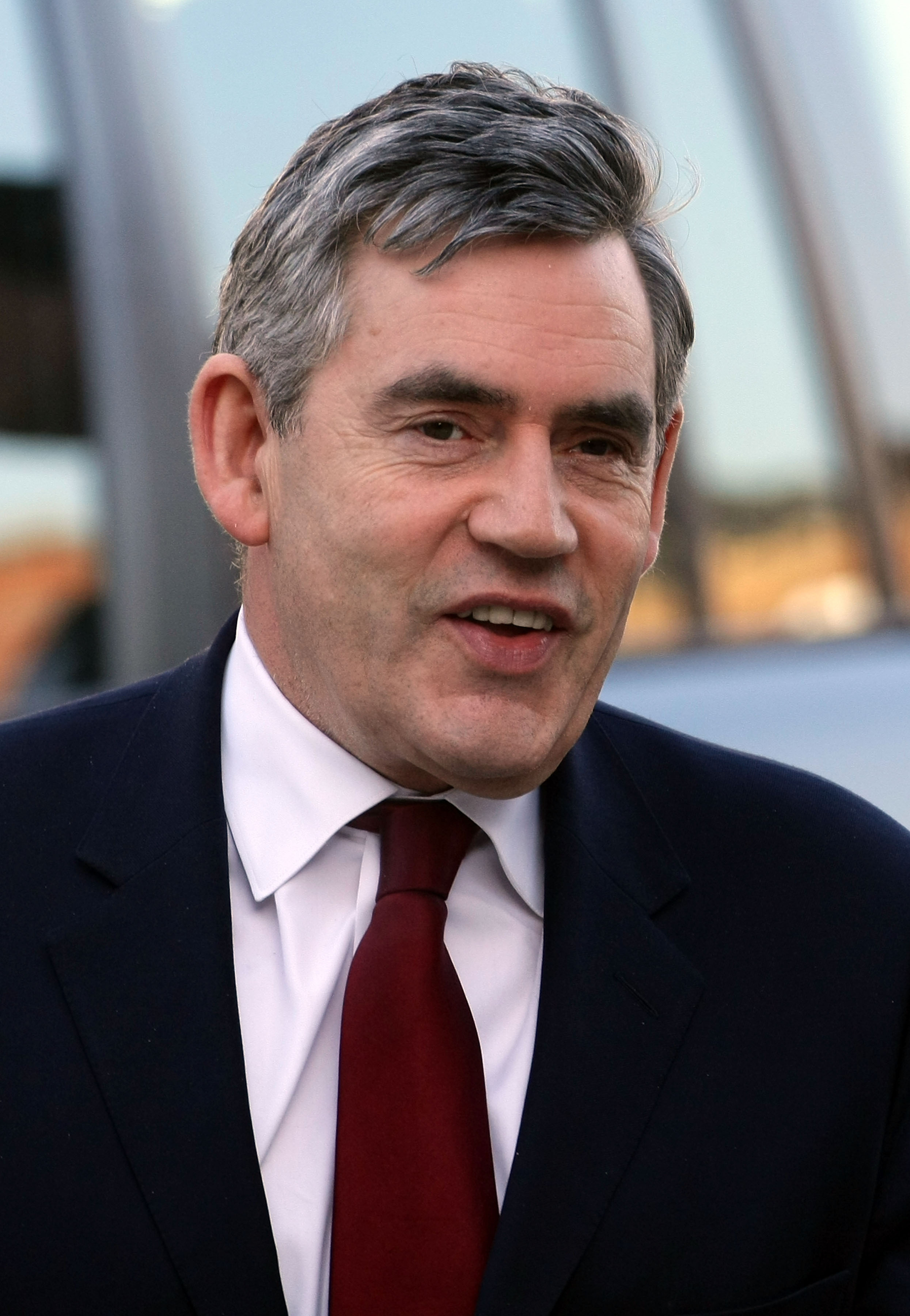 I’ve just picked up The Hugo Young Papers – his notes from his meetings with the great and the good. It’s a lively read, if you skip the bits about Europe (well, the bit where Ed Balls stresses his impeccable Europhile credentials is fun), and you see a fascinating glimpse of what Brown says in private conversation. And not all of it is bad. Some extracts, with my comments:-
I’ve just picked up The Hugo Young Papers – his notes from his meetings with the great and the good. It’s a lively read, if you skip the bits about Europe (well, the bit where Ed Balls stresses his impeccable Europhile credentials is fun), and you see a fascinating glimpse of what Brown says in private conversation. And not all of it is bad. Some extracts, with my comments:-
BRITISH COLLECTIVISM 12 Dec 00 HY says he “had written a piece for The Spectator about how Hague might start to recover. GB obviously thought I had been trying to help Hague… did I believe, he (Brown) asked, in the cyclical shape of politics? That there were individualist phases followed by collectivist phases? This was the rhythm he himself plainly believed in. One such phase lasted from 1979 to 1997”
FN: This might explain Brown’s talk about how recession and Obama’s victory has underlined the need for government – a rather abstract phrase, but one obviously very real to him. Perhaps he thinks the crash may extend what he doubtless regards as a “collectivist phase.”
TAXING THE RICH 31 May 00 (to a Guardian staff lunch): “As regards tax, he emphasised more than once the seemingly magic figure that 10% of taxpayers paid more than 50% of tax…asked whether his objection to a 50% rate was that it would yield too little or that it sent the wrong message to entrepreneurs, he said “both”.. he defended the absence of a 50% rate vigorously”
FN: The “magic” was Nigel Lawson’s: yes, the superrich may the same marginal rate of 40% but the result is incredibly redistributive. Brown no doubt added that the top 1% pay 23% of the tax (it was 18% before Lawson lowered the top rate to 40%). This should have warmed the heart of the most redistributive member in the Guardian lunchroom. It seems that Brown was trying to make this point to a Guardian staff that wouldn’t be happy until pips were squeaking. Brown did mention this now and again: once to the Labour “leadership” hustings last year. This is why I suspect he knows his 45% top rate of tax will raise “approximately nothing” as the IFS says.
6 Dec 01 “He referred to the 1992 election and why it was lost – the tax-and-spend-and-borrow policy which the people rejected”.
FN: And will reject again.
“He felt very triumphant about that fact that ‘we have occupied the ground that has driven Tories to extremes.”
FN: Again, Brown’s worst trait: defining his policy by how it thinks it will snooker the Tories. Young felt this had led Brown too far to the centre.
WELFARE TO WORK Mar 99 “Welfare to work has been amazingly successful, Brown says. Youth unemployment is down 50% since Labour came in, long-term unemployed down 57%. The next stage is the harder group, ‘for these we need not so much advice as, well, coaching. Mentoring. What is true of the UK is very obvious: with five GCSEs you get £100 a week more, A levels £200, a degree £250.”
FN: Tragically, Brown never did bother with those hard-to-reach groups. This will be the Conservatives’ task. At the end of the Brown boom, youth unemployment was higher than Brown inherited. Did this worry him? It’s a genuine question: here Brown seems dazzled by his metrics. His reforms made it statistically impossible to be long-term unemployed as you go into a New Deal then back on the dole. Perhaps he wanted to believe his figures so badly that he didn’t recognise this.
ANJI HUNTER: (then at BP) “Brown has been telling himself since the age of six that he wanted to be Prime Minister and would be. It is totally on his brain. Half of him can think of nothing else. This is why [Anji Hunter] thinks he would turn out to be a good prime minister, because he finally would have made it. He would finally be able to reveal himself a rounded human being, as well as a serious, clever politician.”
FN: This rather charitable theory may explain reports of Brown grinning for Scotland while the economy is hit in the face by the boomerang he threw. I used to say Brown spent his “adult life” potting to be PM. I will take Hunter’s line that it started at the age of six.
EUROSCEPTIC: “He reveals a Thatcher-like determination that only the Brits know what is really good for Europe… he takes the anti-Commission line further than any politician I have heard”.
FN: Young was appalled by this, but it does remind us that we owe Brown for fighting a good fight in a Labour Party gripped by the conventional and wrong wisdom that early EU entry was needed. Imagine how screwed we’d be now if the pound wasn’t able to fall.
Anyway, his book goes back to 1970 and is well worth buying for CoffeeHousers who are into this sort of thing. At 834 pages it’s fat, but easily skimmed. What sets it apart from memoirs is that there is no attempt at exaggeration or self-justification. There’s no score-settling: just one of Britain’s best commentators taking notes for his own use. If only Trevor Kavanagh could be persuaded to do the same….








Comments